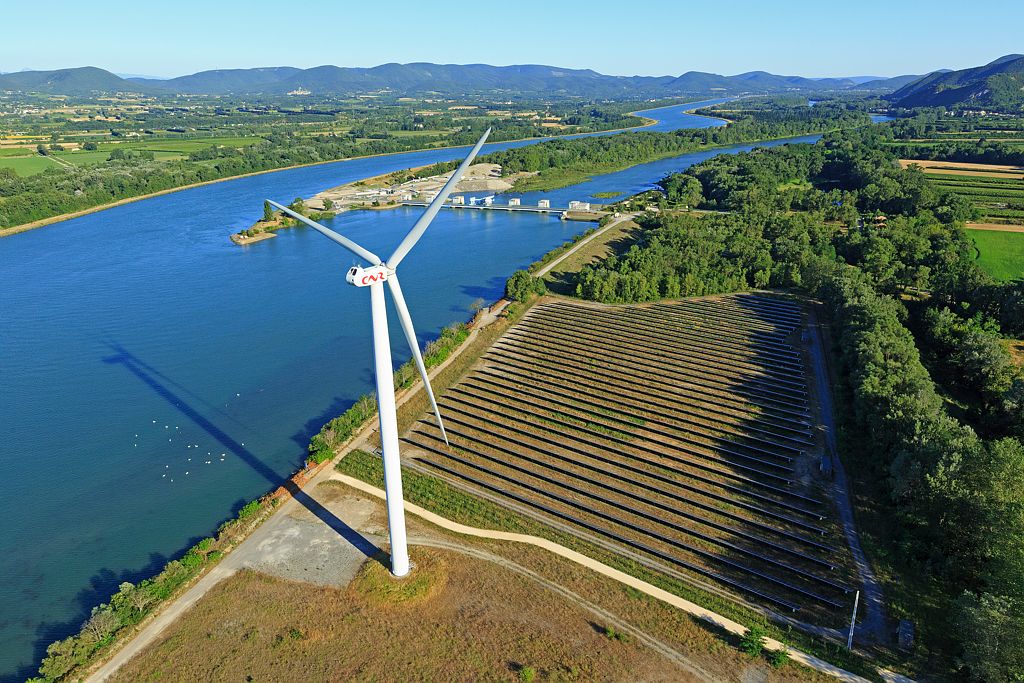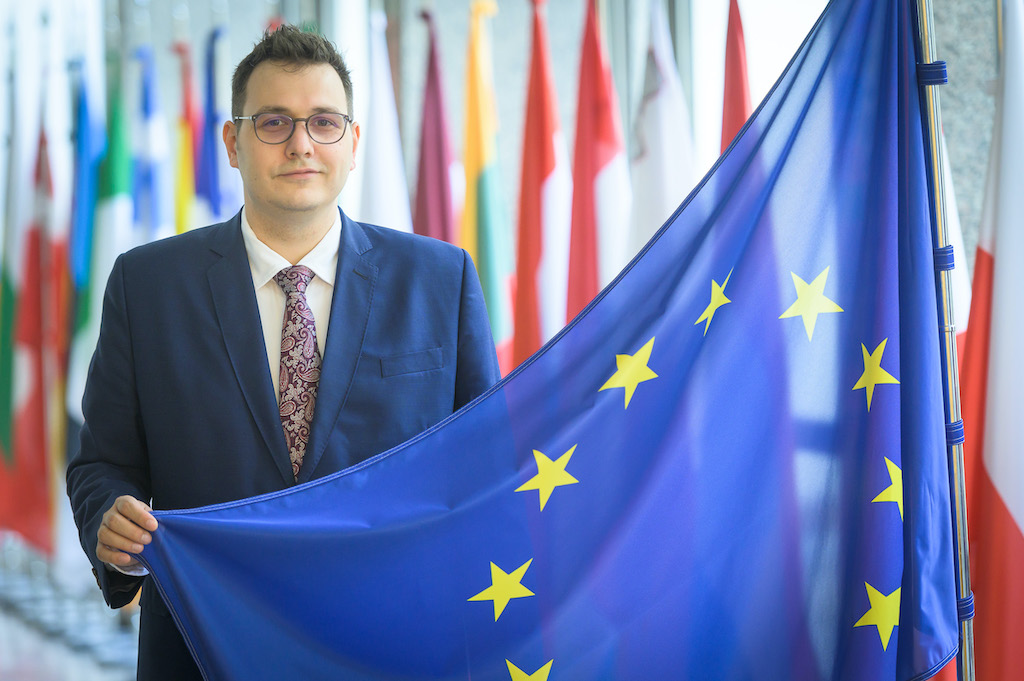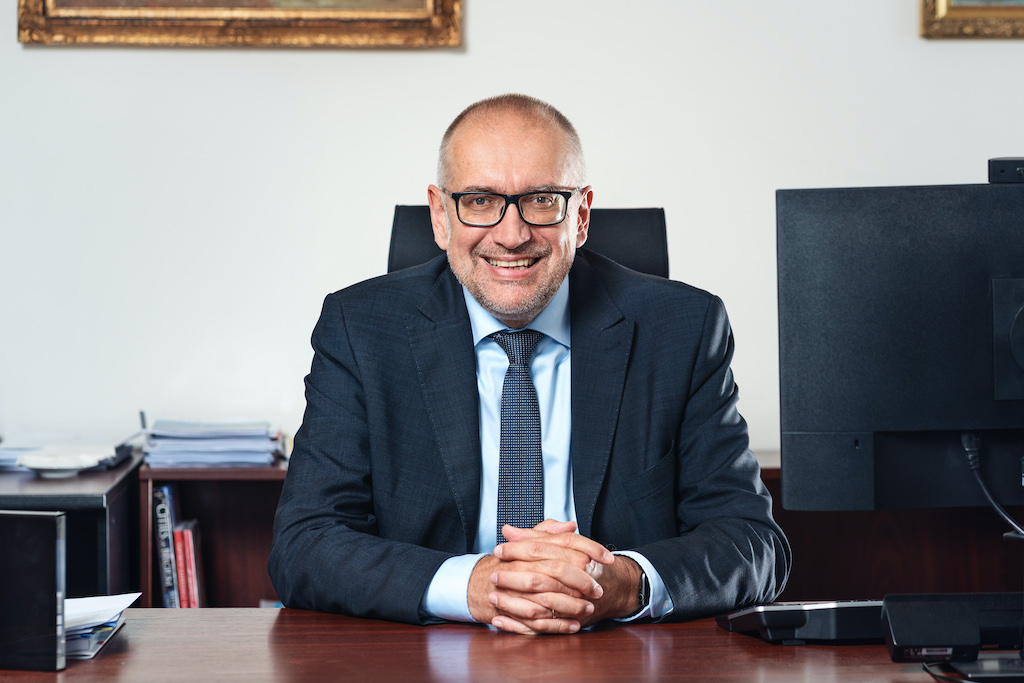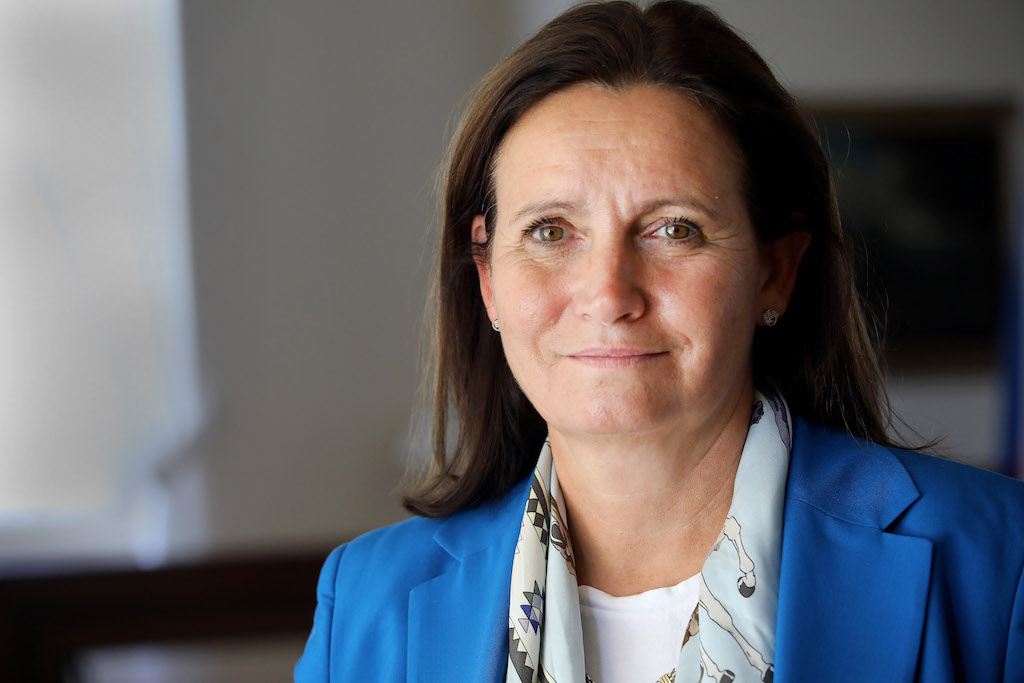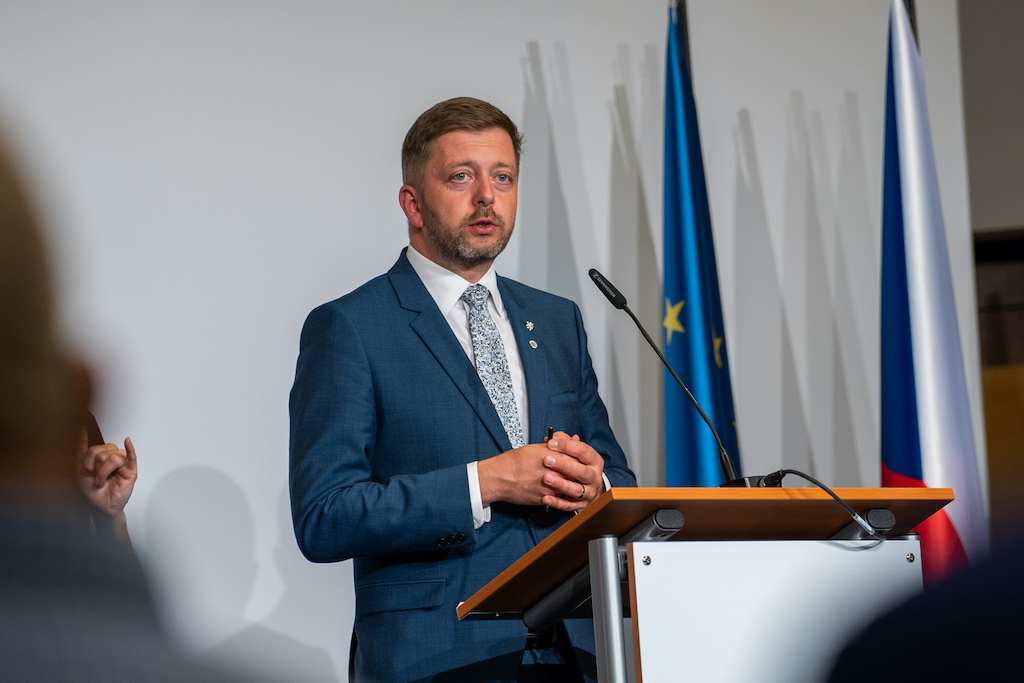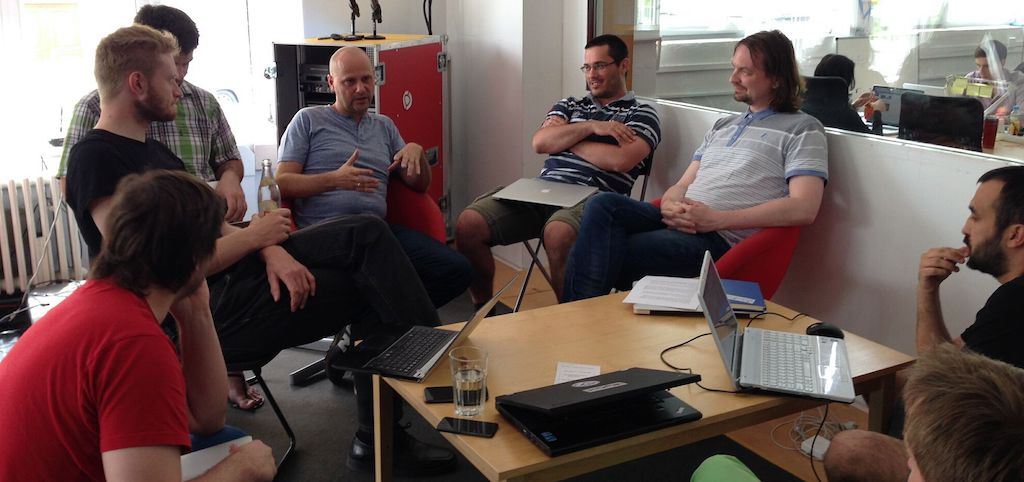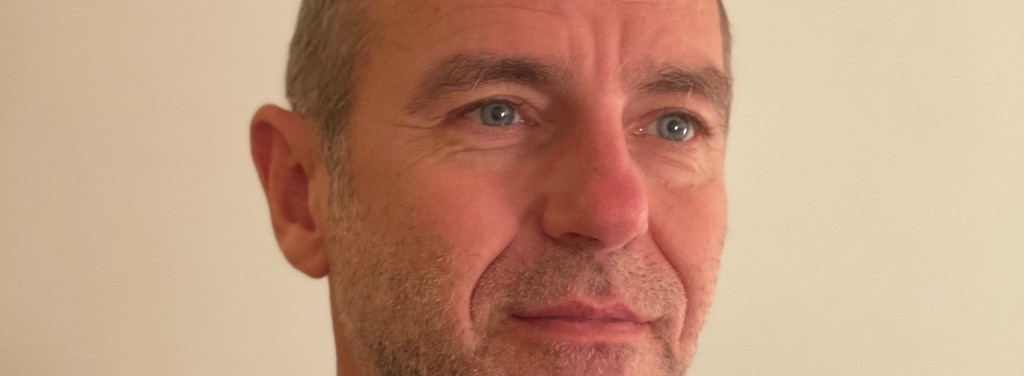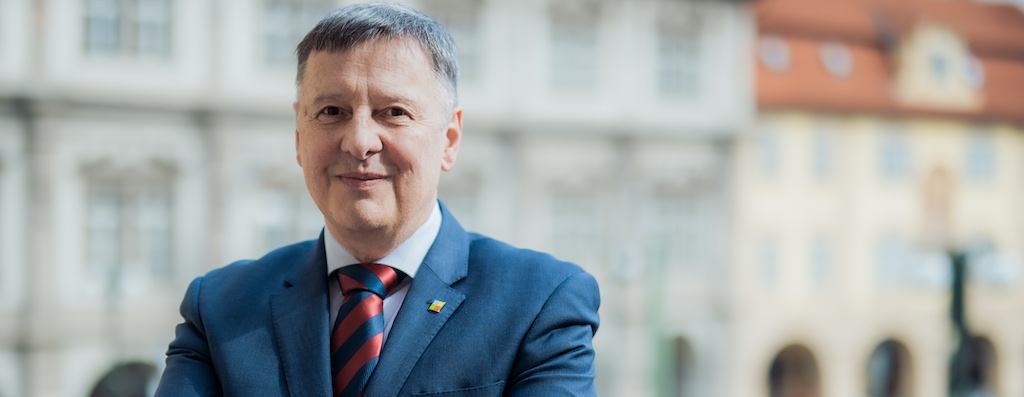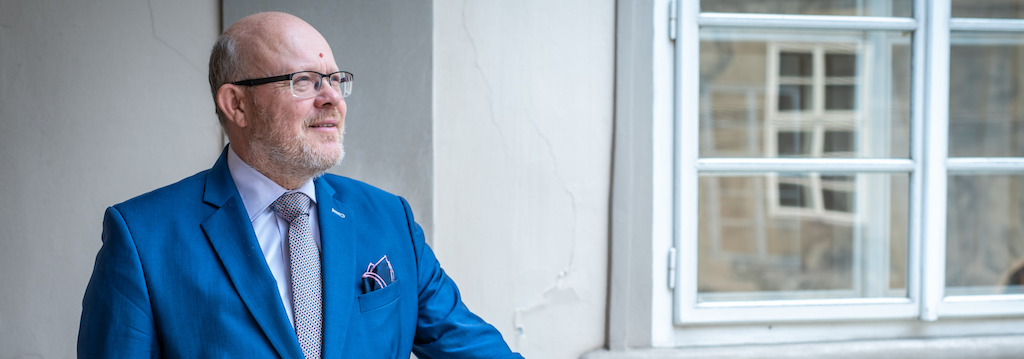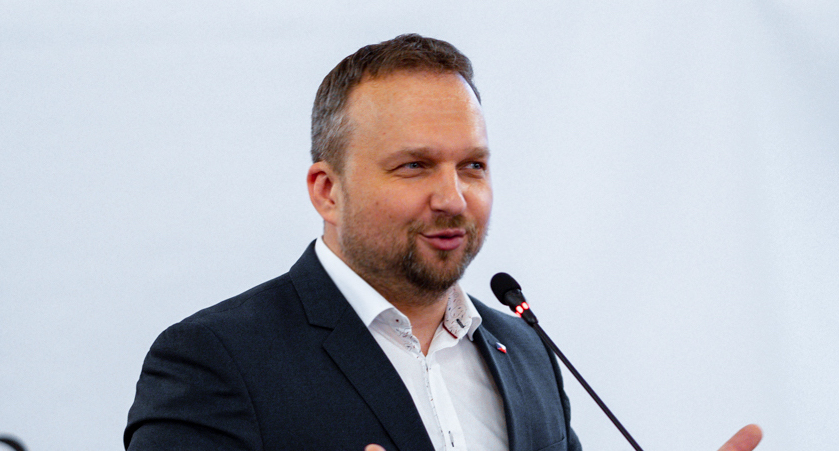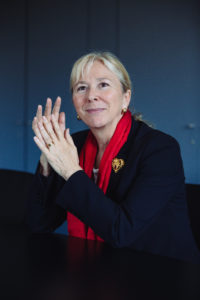
Tell us about CNR, its skills and responsibilities?
CNR is the Rhone concessionaire from the Swiss border to the Mediterranean. Along the river, we have three solidarity-based missions to produce hydropower, develop the waterway and irrigate the surrounding farmland. A real developer of territories for the implementation of the energy transition, we also produce wind and photovoltaic energy and we are the largest French producer of 100% renewable energy.
How is CNR’s industrial model unique? Could you describe the principles behind it?
The first specificity lies in our balanced public-private shareholding, which requires CNR to find the right balance between economic profitability and general interest. The presence of 183 communities in our shareholding allows us to have a detailed knowledge of the territory, essential for the deployment of our projects.
Since we are exploiting a common good – the Rhone River – we consider that part of the wealth produced must be redistributed to the territories it crosses. The General Interest Missions we have put in place reinforce our actions in favour of the local economy, a sustainable development, soft mobility or biodiversity. The iconic ViaRhona, a cycle route along the Rhone, is a beautiful example co-built with communities.
Finally, before being powered by CNR to produce hydroelectricity, the Rhone’s water droplet made it possible to ensure the passage of fish, irrigate farmland, cool nuclear power plants, or transport a merchant ship or recreational boat. CNR is the warrantor of the reconciliation of all these uses.
You claim to be the partner of the territories in the implementation of the energy transition. Could you illustrate how this commitment materializes?
I am convinced that, if the European and national political will is essential for the success of the energy transition, the right scale of action for its implementation is that of the territories. CNR puts its know-how at the service of supporting communities for the development of structuring and innovative projects.
Thus, for our wind or photovoltaic projects, we act in connection with communities and their inhabitants, for example by organizing crowdfunding campaigns. This is a way to make the energy transition an economic opportunity for all.
As a “business-laboratory of future energies” what are your development goals and the sectors in which you invest?

Global, European and national targets for the development of renewable energy are ambitious. But medium and long-term forecasts show a drop in these objectives. A 100% renewable world is possible. It is a long-term goal that we can set and achieve, provided we have real political will behind it.
CNR commits and acts to contribute to the achievement of these short and long term objectives. It is with this in mind that we have set ourselves for 2020 to reach 1000MW installed power in wind and photovoltaic energy that will be added to the 3000 MW that we produce on the Rhone. Of course, we will not stop there and are already planning ambitious goals for post-2020.
The renewable energy sector is constantly evolving. CNR, as a laboratory for the energies of the future, wishes to support innovation. Our commitment to the emergence of the hydrogen sector, storage or smart grids is a good illustration of this strategy. Similarly, the Quai des Energies project, a green multi-energy station with a teaching area, will allow to show and experience renewable energies in the heart of the city of Lyon. Finally, because innovation emerges only within an ecosystem, we have set up an ambitious cooperation with competitiveness clusters and also with the CEA.
What are your goals in Europe and internationally? What do you expect from Europe?
CNR is positioned as a partner of the European Union for the achievement of the 2020 global climate goals. Our ambition is to contribute to the strengthening and construction of European industrial sectors of excellence, to intensify the production of renewable energies and to bring out innovation. For this, the EU, both in the development of ambitious policies and in supporting innovative projects, is a fundamental asset.
European funding programs are an opportunity for a company like CNR. They not only make it possible to lift financial barriers to innovation, but they also give our projects a high visibility, facilitating their replication in other territories.
CNR has created Initiatives for the Future of Great Lakes (IFGR). Could you tell us a few words about it?
In a context of global warming, the rivers of the world are both the victims – important phenomena of low water and flood – and the carriers of solutions – producers of green energy, transport routes less polluting than roads…
In view of this fact, and understanding that there was no global forum for consultation between major rivers, CNR created the IFGR in 2014. Today an association of general interest, IFGR brings together river managers, institutional representatives and international experts with the aim of formulating concrete proposals for the improvement of river management.
IFGR is a model of consultation and co-construction for the deployment of innovative solutions. It is an interesting example for the governance of the energy transition.





